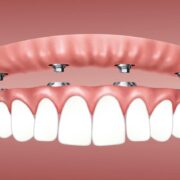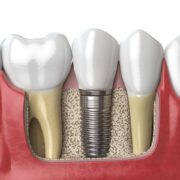Dental implants have revolutionized the world of dentistry, providing a long-lasting and reliable solution to missing teeth. But with so many options available, it can be overwhelming to choose the right type of implant for your needs. Two of the most popular options are traditional and mini dental implants. While they may seem similar, they have distinct differences that can impact the success of your implant procedure. In this article, we’ll break down the differences between traditional and mini dental implants, including their size, placement, and durability. By understanding the pros and cons of each type, you can make an informed decision about which dental implant option is right for you. Whether you’re looking to replace a single tooth or several, read on to learn more about traditional and mini dental implants and which one may be the best fit for your unique needs.
Traditional Dental Implants
Traditional dental implants have been used for decades and are a popular choice for patients who are missing one or more teeth. These implants are made up of three parts: the implant, abutment, and crown. The implant is a small titanium screw that is surgically placed into the jawbone, where it fuses with the bone over time. The abutment is then attached to the implant, which holds the crown or bridge in place.
One of the main advantages of traditional dental implants is their durability. With proper care and maintenance, they can last for many years or even a lifetime. They also provide a natural look and feel, as they are designed to mimic the structure and function of real teeth. However, traditional implants require a certain amount of bone density to be successful, which can be a drawback for some patients.
Mini Dental Implants
Mini dental implants, also known as MDIs, are a newer type of implant that have gained popularity in recent years. They are smaller in diameter than traditional implants, ranging from 1.8mm to 3mm, and are typically used to support dentures or bridges in the lower jaw. MDIs are made up of a single piece and can be placed in a single visit, making them a quick and convenient option for many patients.
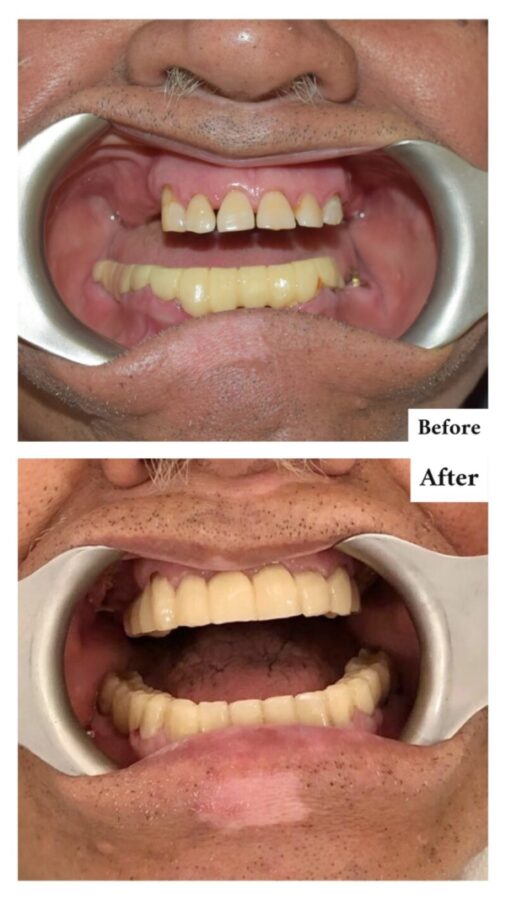
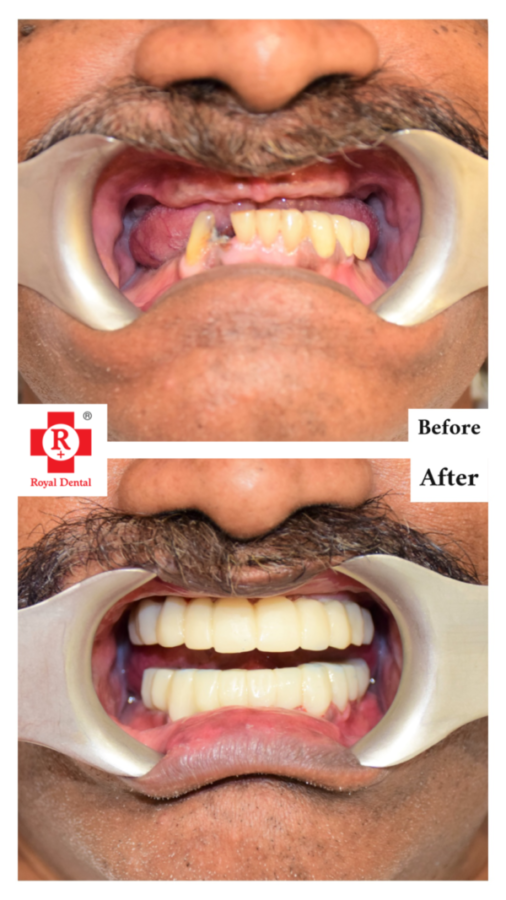
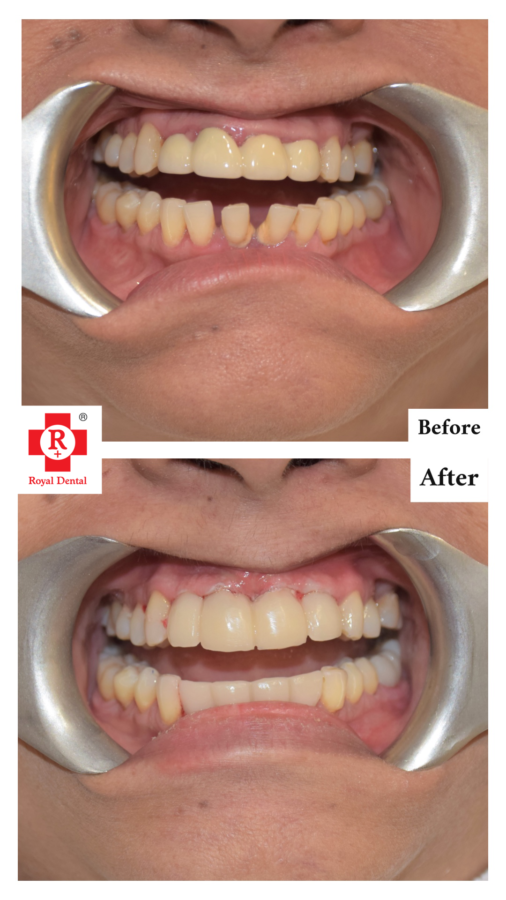
One of the advantages of MDIs is that they require less bone density than traditional implants, making them a good option for patients with bone loss or those who are unable to undergo a bone graft. They are also less invasive than traditional implants, which means they require less recovery time and have a lower risk of complications. However, MDIs may not be as durable as traditional implants and may need to be replaced more frequently.
Differences in Size and Placement
One of the most obvious differences between traditional and mini dental implants is their size. Traditional implants are typically larger in diameter, ranging from 3.5mm to 6mm, while mini implants are smaller. Ranging from 1.8mm to 3mm. This size difference can impact the placement of the implant. As traditional implants require a certain amount of bone density to be successful. Mini implants, on the other hand. Can be placed in areas where there is less bone density. Making them a good option for patients who have experienced bone loss.
The placement of traditional implants is also different from that of mini implants. Traditional implants are placed in a two-stage procedure. Where the implant is first surgically placed into the jawbone and left to heal for several months before the abutment and crown are attached. Mini implants, on the other hand. Can be placed in a single visit and are typically used to support dentures or bridges in the lower jaw.
Differences in Procedure and Recovery Time
The procedure for placing traditional implants is more invasive than that of mini implants. As it involves surgically placing the implant into the jawbone. This can result in a longer recovery time and a higher risk of complications, such as infection or nerve damage. Patients may also experience swelling, bruising, and discomfort after the procedure, which can take several days to subside.
The procedure for placing mini implants is less invasive. As the implant can be placed in a single visit without the need for surgery. This means that recovery time is typically shorter, and patients may experience less discomfort and swelling. However, it is still important to follow post-operative care instructions and attend follow-up appointments to ensure that the implant is healing properly.
Cost Comparison Traditional Vs Mini Dental Implant
The cost of dental implants can vary depending on a variety of factors, including the type of implant, the number of teeth being replaced, and the location of the dental practice. In general, traditional implants tend to be more expensive than mini implants, as they require a more invasive procedure and a longer recovery time. However, the cost of dental implants should be weighed against their long-term benefits, as they can provide a more permanent and reliable solution to missing teeth than other options.
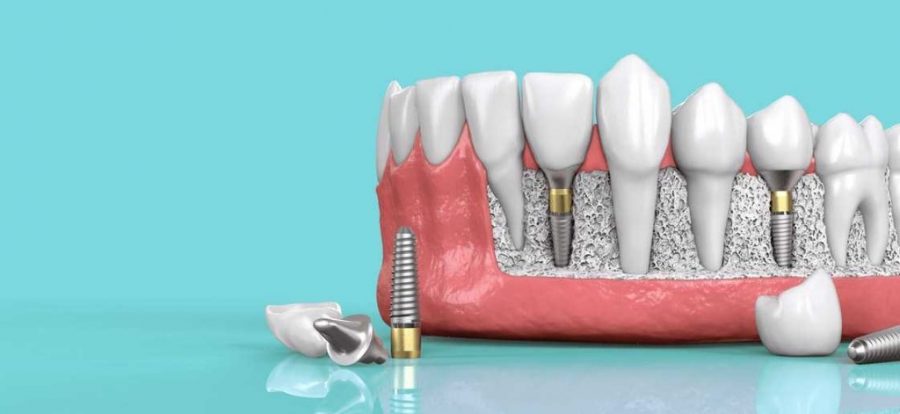
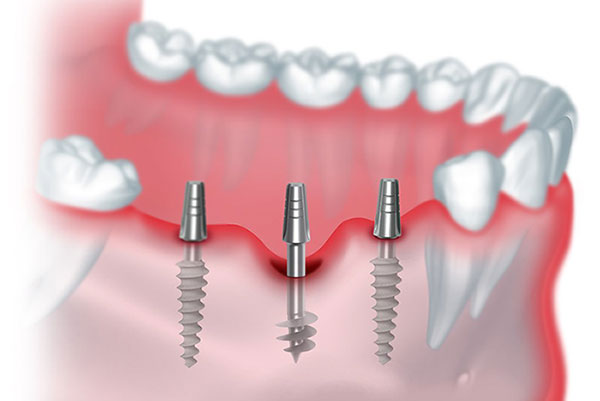
Long-term Success RatesTraditional Vs Mini Dental Implant
Both traditional and mini dental implants have high success rates when placed by a skilled and experienced dental professional. Traditional implants have been used for decades and have a success rate of around 95%. While mini implants have a success rate of around 90%. However, it is important to note that the long-term success of an implant depends on a variety of factors, including proper oral hygiene. Regular dental check-ups, and overall health.
Who is a Good Candidate for Each Type of Implant?
The type of dental implant that is right for you depends on a variety of factors, including the number of teeth being replaced, the location of the missing teeth, and the amount of bone density in the jaw. Traditional implants are a good option for patients who have sufficient bone density and are looking for a long-term solution to missing teeth. They are also a good option for patients who are missing several teeth or who require a full arch replacement.
Mini implants are a good option for patients who have experienced bone loss or who are looking for a more affordable and convenient option. They are also a good option for patients who are looking to stabilize dentures or bridges in the lower jaw. However, they may not be a good option for patients who require a full arch replacement or who are looking for a long-term solution.
Choosing the Right Implant for You
Choosing the right dental implant for you depends on a variety of factors. Including your oral health, overall health, and personal preferences. It is important to consult with a skilled and experienced dental professional who can help you determine the best option for your unique needs. Factors to consider when choosing a dental implant include the cost, durability. And long-term success rate of the implant, as well as the procedure and recovery time.
Conclusion
Dental implants are an effective and long-lasting solution to missing teeth. And both traditional and mini implants have their own unique advantages and disadvantages. Traditional implants offer durability and a natural look and feel. While mini implants offer convenience and a lower risk of complications. By understanding the differences between these two types of implants. You can make an informed decision about which one is right for you. Ultimately, the right dental implant for you depends on your individual needs and preferences. And consulting with a skilled and experienced dental professional is the best way to determine the best option for you.
Suggested Article:
Do’s and Don’ts after Dental Implants
Follow Us For More Updates

